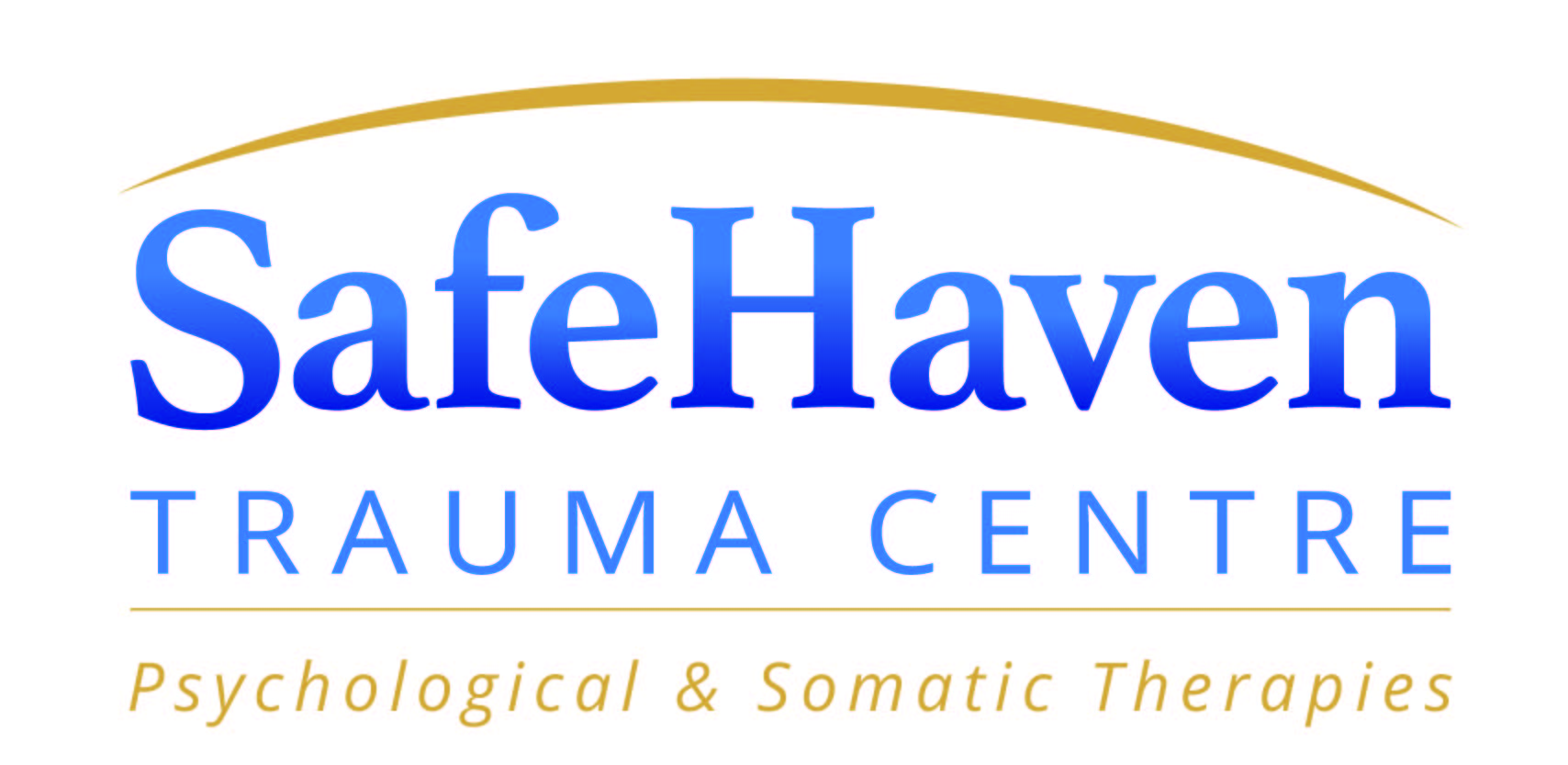
What is Critical Incident Stress Management (CISM)?
Critical Incident Stress Management (CISM) is a system of established procedures and protocols that enable an organisation to effectively manage the psychological impact of critical incidents when they occur. CISM is designed to stabilise a situation in the aftermath of a critical incident, mitigate the psychological impact on those directly and indirectly affected (such as witnesses or those who provide third-party support) and facilitate recovery. It is a comprehensive system that covers pre-incident preparation, crisis response and post-incident support.
What is a critical incident?
These are traumatic events that evoke strong emotions in those who have been exposed to them. They can range from bullying or assault, serious accidents, unexpected loss of life through to major catastrophes such as terrorism.
Critical Incidents can be both workplace related or happen in personal time. Either can affect an individual in their work, but arguably only workplace incidents fall under employer responsibility.
What are the benefits of using CISM?
Research shows that organisations experience multiple benefits with CISM in place. Employees have lower levels of anxiety and depression, they are less angry and frustrated, experience fewer PTSD symptoms following an incident and self-medicate less; they also have an improved sense of personal well-being. Organisations find people return to work sooner, have reduced sick leave, experience improved staff retention and fewer legal claims made against the employer. Additionally, for high risk sectors where critical incidents occur more frequently, incident rates have been found to reduce with CISM in place.
Can an organisation use CISM several weeks or months after a critical incident?
Yes, you can. A CISM team would carry out post-incident support. This would include an evaluation of your affected employees, to fully understand their current situation. The team would provide initial support and psychological debriefing, as appropriate, to assist the individual in their recovery and determine if further support would be beneficial for them and you. Further support can range from online-psychological-recovery courses to specialist trauma recovery programmes.
Would CISM help prevent this situation happening again in the future?
Yes. With CISM in place pre-incident preparation would mean you can have designated personnel, trained in trauma-awareness, to effectively handle incidents as they occur. Following a guidance manual, you would be able to manage those people involved and evaluate when the situation is serious enough to warrant additional, professional help from your specialist CISM team.
How does an organisation put CISM in place?
The first step is to arrange an initial meeting with a CISM specialist, to determine what elements of CISM are most appropriate for your organisation.
The first, and currently the only, accredited crisis response team in the UK is the SafeHaven Trauma Centre CISM Team. Our team are all specialists in psychological trauma and are Mental Health Professionals, in addition to being CISM qualified. To put CISM into place we take the time to understand your organisation’s needs, to optimise procedures for your business and sector. Call us for a free, no obligation, initial meeting to determine if CISM would be appropriate for you.
Call 0161 635 3999 or email CISM@safehaventraumacentre.com
Author
